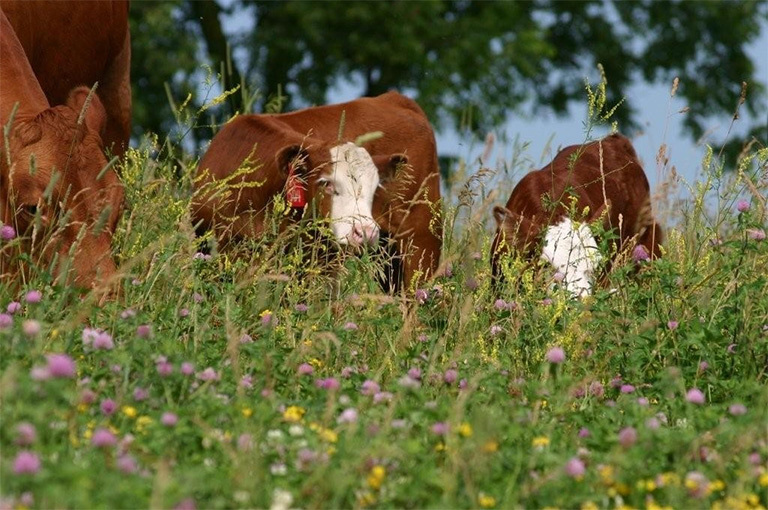Our global food system is broken. Intensive animal agriculture - often referred to as ‘factory farming’ - is the cause of much harm not only to animals, but to the health of people and the planet.
We need world leaders to agree a clear global ‘rescue plan’ for our food system, including a significant global reduction in meat consumption, to ensure a healthy future for people, animals and the planet.
This would be in the form of a United Nations Global Agreement on food systems transformation, which shifts farming away from industrial animal agriculture. It should recognise high welfare practices as an essential solution towards resilient and nature-positive food systems.
Read more about why we need an overarching UN Global Agreement on food systems transformation.
Why Factory Farming needs to END
Through our END.IT campaign, we’re building a global movement of citizens, organisations and forward-thinking businesses, calling on world leaders to urgently transform our food system.
From pollution to the climate crisis and wildlife extinctions. From animal cruelty to human hunger and malnutrition. Take a closer look at almost any global challenge, and you’ll find food at its core.
For the sake of animals
Industrial animal agriculture is the biggest cause of animal cruelty on the planet.
Globally, most of the 92 billion land animals farmed each year are kept in factory farms, often reared in cages and crates. Often bred to grow too fast or be so productive that their health and welfare suffers.
Many of the estimated 167 billion fish live in underwater factory farms . Fish are sentient beings, capable of feeling pain and suffer immensely in these conditions.
For the climate
The livestock sector produces more direct greenhouse gas emissions than the direct emissions of all the world’s planes, trains and cars put together.
The Paris Agreement’s target of a minimum of 1.5 degrees global warming cannot be met without rethinking our global food system and, in particular, animal agriculture.
For the sake of wildlife
Food production is the biggest driver of wildlife loss around the world, with agriculture alone being the identified threat of more than 85 per cent of the 28,000 species at risk of extinction. This is largely attributable to habitat loss occurring from the conversion of forests and grasslands to intensive agriculture.
For human health
Factory farming is a huge risk factor for the emergence of new diseases that infect people. There is an increased risk of pandemics, such as COVID-19, as a result of the way we farm animals. Meanwhile, the overuse of antibiotics contributes to antimicrobial resistance in people.
Read more about why we need an overarching UN Global Agreement on food systems transformation.
Join us by signing our petition here calling for a better world for animals, people and planet that ends factory farming by 2030 by:
- providing healthy and balanced food for all
- supporting the regeneration of the environment
- protecting animals, and
- providing fair livelihoods for farmers
